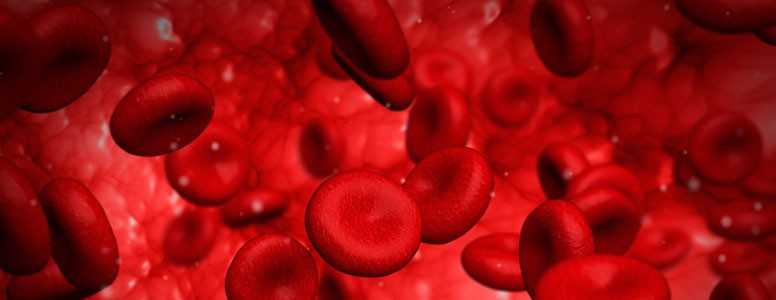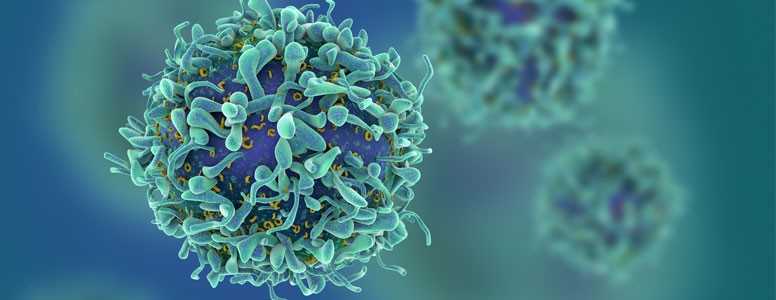The transfusion of specially engineered red blood cells in mice with type 1 diabetes has been shown to help reprogram the immune system once it goes on the attack.
The majority of existing autoimmune therapies focus on reducing the number of T cells directly involved in the immune response.
In this new study, researchers have used red blood cells as a mediator inducing tolerance of T cells towards the antigens they were likely to recognise as foreign.
The approach is similar to desensitisatio, where an allergen is given repeatedly at low doses to teach the immune system that it is harmless.
The red blood cells used have been genetically modified to carry those specific antigens appearing on the surface of beta cells that trigger inappropriate immune responses.
The genetic modification specifically involves re-engineering the red blood cells with a protein sequence that code for a particular antigen.
Once transfused into the mice, the antigens masquerade as the red blood cells’ ow, such that they are being tolerated in the process.
This method, tested here by researchers at the Whitehead Institute for Biomedical Research, is called “tolerance induction”.
Immunologic tolerance is a state of unresponsiveness from the immune system specific to a particular antigen induced by previous exposure to that antigen. It is, in essence, a learning experience for T cells.
According to the findings, published in the journal Proceedings of the National Academy of Sciences, red blood cells can also induce tolerance to antigens of multiple sclerosis.
It took several transfusions to show beneficial effects in type 1 diabetes and multiple sclerosis, but researchers believe a single injection could be used as a preventive measure in both cases.
The applicability and safety of this method to humans remains to be determined in further research.
What's new on the forum? ⭐️
Get our free newsletters
Stay up to date with the latest news, research and breakthroughs.



